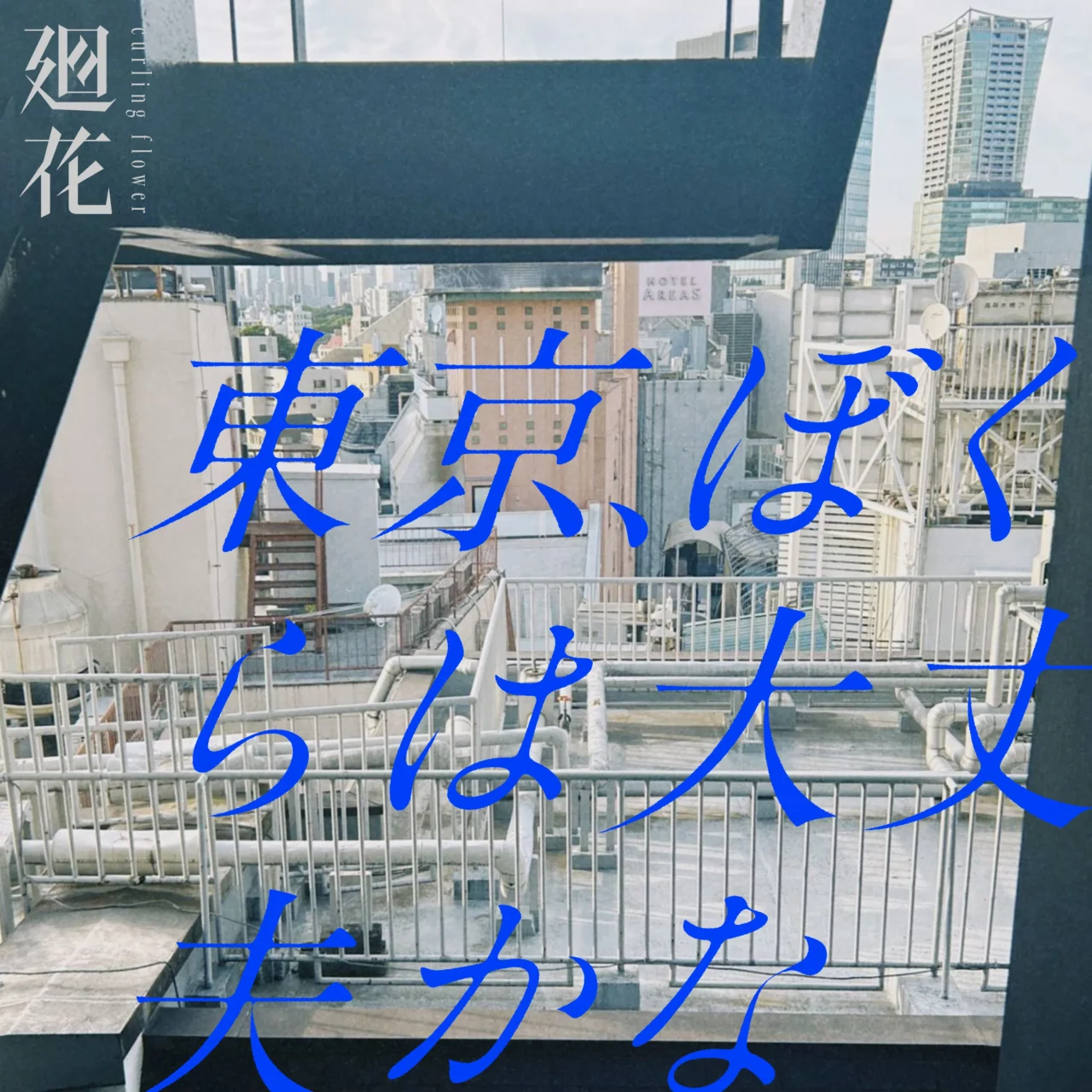INDEX
Navigating the Shift from Student to Adult: The Emotions Behind the Album
Creating songs with simple guitar and basic beats, then working with arrangers to match them with your vision sounds fun but also challenging in terms of conveying your ideas. How did you feel about the process of making this album?
Kaika: When arranging, I usually send references like, “I want this kind of atmosphere” or “It would be great to have this type of sound.” The arrangers really picked up on these ideas, and they made arrangements that were even better than I had imagined. For example, with “Hatsukoi”, I originally envisioned it as a shoegaze track, but it ended up sounding more like ambient music. The arrangement by Takeshi Okamoto was exactly what I loved. It was so different from what I had in mind, but it was an idea I hadn’t thought of, so I’m really glad I included it in this album. For “Byakuya, Yureru Inochi”, Isao Sudo did the arrangement. Since it’s a song about the white night, I only knew how to express it in a very sensory way, like, “I want icy, cold sounds.” He really nailed it—when I heard it, I thought, “This is exactly what I wanted!” I was so amazed.
“Tokyo, Bokura wa Daijoubu Kana” was produced by Yusuke Koide from Base Ball Bear.
Kaika: Yes, I really love the songs Yusuke Koide has worked on, like those with Yasky Okamura and featuring Shihori Nanba and Kana Hanazawa. I also love his tracks with Kana Hanazawa, like “Koisuru Kankaku”, and I’m a huge fan of the way he does female vocals.
The theme of the lyrics is clearly about moving to Tokyo.
Kaika: Yes, that’s right. I used to live in the Tohoku region, and I would come to Tokyo twice a month by bullet train, so I didn’t have much sense of the place. But after I started living in Tokyo, I began to understand where things are and what kinds of people are around. I got used to the crowds, and when the memory of what I felt when I first arrived started to fade, I began to wonder… “Am I okay?”
Is that feeling of unease about getting used to Tokyo?
Kaika: Not exactly. It was more about wondering, “Am I okay with being treated as an adult?” That was the real trigger. When I started living on my own, I no longer had anyone telling me what to do or getting angry at me.

You previously mentioned that “Stand by Me” was a song born from the anxiety of growing up and losing the things you once relied on as a child. It seems that this new album also carries a lot of the anxiety and confusion that comes with transitioning from being a student to an adult.
Kaika: Yes, that’s right. This song has a “morning” image for me. I was hanging out with my friends until the morning, and when I passed through Shibuya on the way back, the usually crowded scramble crossing was completely empty. There’s a sense of joy in being able to experience something like that, and as I accumulate more experiences, there are fun moments. I think to myself, “We’re okay,” but at the same time, I know that this won’t last forever, and there are moments when I wonder, “Am I really okay?” So, I decided to end the song with that feeling of uncertainty, asking “Are we really okay?”
























